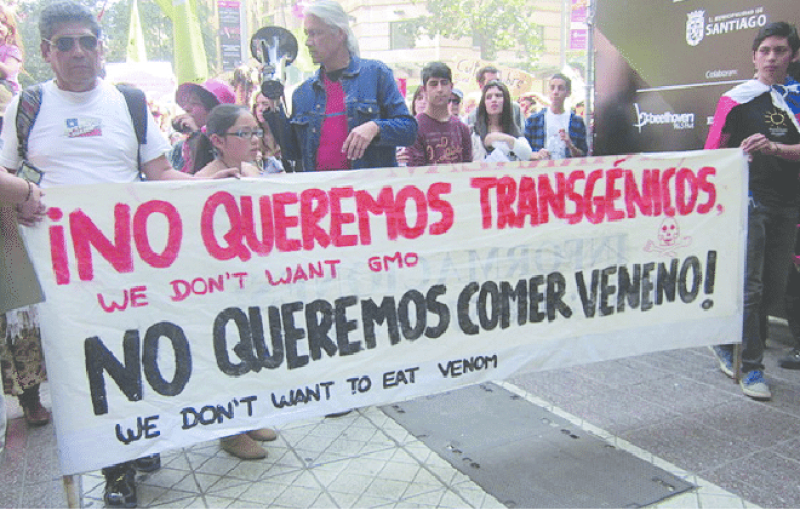The Peruvian Congress approved a moratorium that prohibits the entry of Living Modified Organisms (transgenic) for cultivation or breeding purposes to the country until 2035 to investigate within this period if they could negatively impact the genetic wealth of Peruvian biodiversity. “Peru will continue to be the most important gene bank in the world. The moratorium allows us to carry out a law expected by thousands of peasant families ….” celebrated the National Convention of Peruvian Agro (Conveagro).
It is the second time that the Andean country has extended the [moratorium]: in 2011, thanks to law 29,811, it was able to establish a period of 10 years to study its impact on crops, but after that time, [regulators] said that the report was not complete, and [the ban] was extended again. …. [T]he moratorium does not prevent the research of GMOs in laboratories or the importation of GMOs for human food or animal feed ….
Under the slogans “Biodiversity is our identity” and “Peru free of transgenics,” more than 30 organizations carried out campaigns to stop the advance of transgenics.































